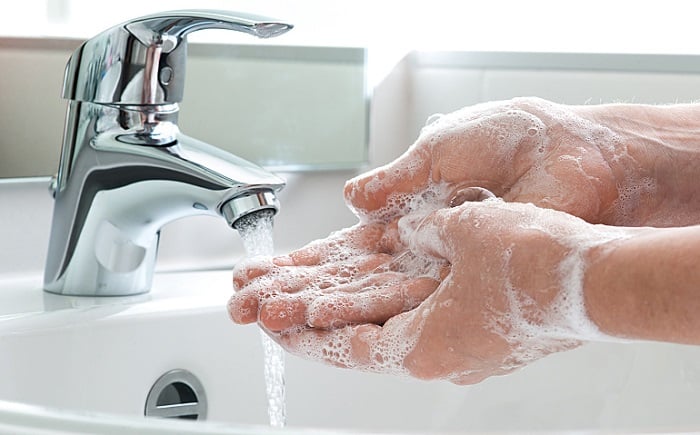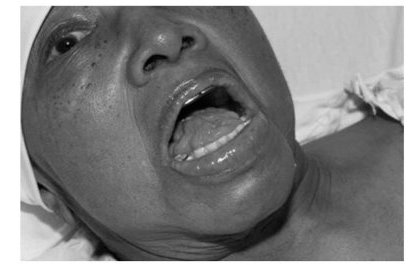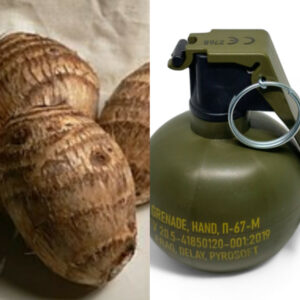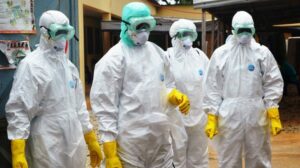The Importance of Proper Handwashing: A Simple Habit for Better Health
Washing hands with soap and clean water is one of the simplest, yet most powerful actions you can take to protect yourself from a wide range of illnesses. Many diseases are caused or spread by germs, which are transferred when hands are not properly washed. This seemingly small habit plays a crucial role in preventing infections and promoting a healthier life.
How Germs Cause Diseases Through Improper Handwashing
Germs from human and animal waste are a major source of illness. Contaminants from animals like cows, goats, pigs, and chickens contain harmful bacteria such as E. coli and Salmonella, as well as viruses like norovirus. These pathogens can lead to diarrhea, respiratory infections, and intestinal diseases. Even the smallest amount of contaminated waste can contain billions of germs. This is why handwashing after using the bathroom, changing diapers, or handling raw meat is essential.
Germs can also spread through contact with contaminated surfaces. For example, when someone coughs or sneezes, germs can land on nearby objects, which, when touched, can transfer these germs to your hands. If you don’t wash your hands afterward, these germs can easily spread to others, leading to widespread illness.
Why Handwashing with Soap is Essential
Washing your hands with soap and water does more than just rinse off dirt. It plays a key role in preventing the spread of diseases by effectively removing harmful germs. Here’s how:
- Preventing Facial Contact: People unknowingly touch their faces multiple times a day. This includes the eyes, nose, and mouth, which are primary entry points for germs into the body. Handwashing reduces the risk of transferring germs to these vulnerable areas.
- Avoiding Food Contamination: Without washing hands, germs can transfer from your hands to the food you prepare or consume. Pathogens can multiply in food, leading to serious illnesses such as amoebiasis and respiratory infections. Proper hand hygiene during food handling is essential in ensuring your meals are safe.
- Reducing Germs on Commonly Touched Surfaces: Everyday items like phones, computers, money, and children’s toys are breeding grounds for germs. By washing your hands regularly, you help prevent germs from spreading to others through these commonly touched objects.
The Global Impact of Handwashing Campaigns
Around the world, handwashing campaigns have had a profound effect on public health. According to studies, global efforts to promote handwashing have led to:
- A reduction in diarrheal diseases by 23-40%.
- A decrease in respiratory illnesses, including colds, flu, and pneumonia, by 20%.
- A 50% reduction in diarrhea-related deaths among individuals with low immunity.
However, despite these successes, poor hand hygiene still contributes to the deaths of over 1.8 million children under the age of five each year, mainly due to diarrhea and pneumonia.
The Lifesaving Power of Soap and Water
While it’s common for people to wash their hands with water alone, soap is a crucial component in removing germs. The soap helps break down oils and dirt on your hands, allowing germs to be washed away effectively. It’s a simple, cost-effective practice that can save lives and prevent the spread of deadly diseases.
Incorporating regular handwashing with soap into your daily routine is an easy and impactful way to safeguard your health and the health of those around you. It’s one of the most effective tools in disease prevention and should never be overlooked.














Post Comment